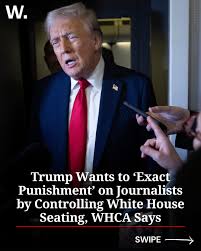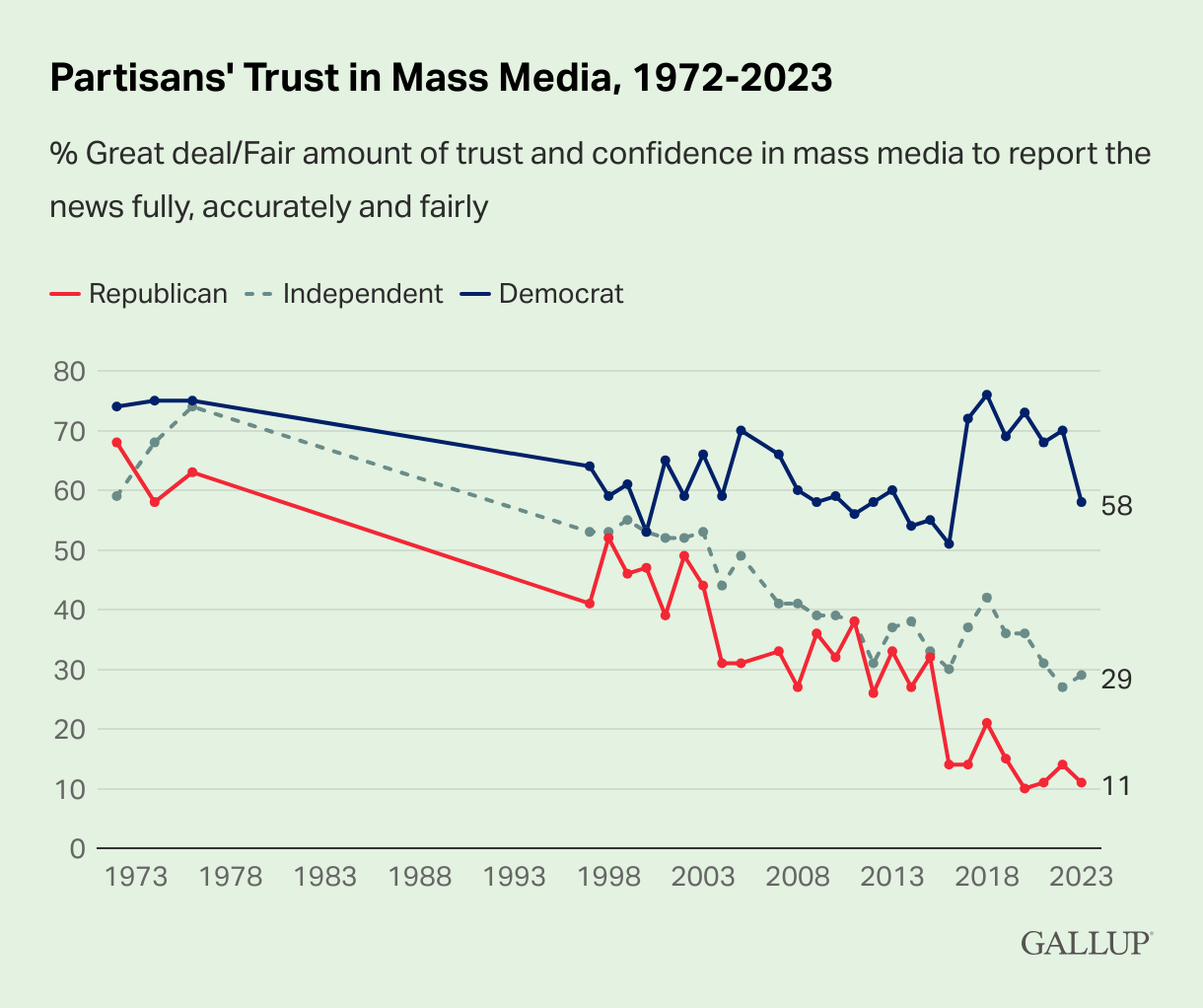The back and forth over Ruffin’s firing reveals deeper schism in a group facing a central challenge to its journalistic authority

Even though journalists tell other people’s stories for a living, they often have a terrible time understanding how their own image resonates in the public mind. Especially when the most powerful politician in America has openly focused government power on dismantling their authority.
I make this observation as I watch the White House Correspondents Association caught up in a controversy over firing comic Amber Ruffin as the Trump administration steadily yanks away power Washington journalists seemed to think they had enshrined in tradition and political culture.
First, federal agencies kicked traditional news outlets like CNN, NPR and the New York Times out of their offices in government buildings like The Pentagon – where establishment journalists had grown used to walking the halls to aid their coverage for many years.
Then, the Associated Press was barred from access to the White House press pool and presidential activities – ostensibly for not using Trump’s outlandish new name for the Gulf of Mexico. But more likely for the crime of being one of the nation’s largest independent news agencies relatively uncowed by his demands.

Most recently, comes news that the Trump administration may take control of the seating chart inside the White House press briefing room, determining which news outlets get the most prime spots. Of course, these changes have often benefitted news outlets which support conservatives and tolerate, minimize or propagandize the misinformation and disinformation which regularly emanates from MAGA Republicans.
As I told CNN’s media analyst Brian Stelter when he spoke at a class I co-teach at Duke University, Donald Trump is, at his core, a creature of television who often makes decisions about his business and political life as if he is producing a TV show.
Yes, he wants more obsequious media voices in the room featured more prominently. But what I think he really wants is TV images which show him in control, presenting a vision rarely challenged by journalists, offering a scene transmitted across the globe in which the nation’s top journalists finally submit to his authority. Regularly.
For him, that’s great television.
Unfortunately, many traditional journalists, caught off guard by the swift and aggressive moves to challenge their authority, have not responded well. It feels a bit as if political journalists have spent too long basking in the afterglow of all the public trust created when reporters broke the Watergate story back in the 1970s – puncturing the fiction that Presidents were always careful stewards of the law and positioning the news industry as a powerful, truthful check on their power.

Trust in journalists and traditional journalism has declined almost every year since, creating a bizarre situation where many news consumers are more likely to trust a guy who once appeared on NewsRadio and hosted Fear Factor than anyone who has won a Pulitzer Prize at a major media outlet.
Journalists’ lack of image consciousness arises when considering the massive mess the WHCA made in its decision to hire – and then fire – comic Amber Ruffin as entertainer for the White House Correspondents Dinner.
Anyone who has watched her career for five seconds knows what Ruffin would have said about the Trump administration and its policies regarding racism, transgender people, opposition to diversity, equity and inclusion programs and much more. When I heard in February they had hired her, I figured – wow, they have decided to light the administration up this year — at a ceremony Trump never attended during his first presidency.
So imagine my surprise when they fired her less than two months later. Was it because of her promise during a Daily Beast podcast that she was not going to play the game of false equivalency in her humor – that she was going to say exactly how she felt about an administration she called “a bunch of murderers”? Perhaps.
But in firing her, the WHCA mined the worst of all worlds. They seemed to cave amid the administration’s criticism of Ruffin, admitting they had a point when complaining that the comic would not be fair. And they disappointed people out there who still believe in the power of traditional journalism and want to see those entrusted with perpetuating it fight more effectively to retain their authority.
Ruffin herself summed up the situation during a severely sarcastic appearance on Late Night with Seth Meyers, where she serves as a writer and occasional performer.
One line, dripping with irony, stuck out: “I thought, when people take away your rights, erase your history and deport your friends, you’re supposed to call it out. But I was wrong.”
Here the thing: If the WHCA was so concerned about looking biased against the administration, why in the world did they hire a socially conscious comic who has spent years working on TWO TV shows which have constantly criticized Trump and MAGA Republicans?
And if they were determined to have their typical roast of the president and Washington politics regardless of how the administration might feel, why did they cave in the wake of Republican complaints?
The fact is, it will likely be a terrible look for high-status journalists to celebrate themselves at a big-ticket dinner when so many of the federal workers they cover are losing jobs, careers and livelihoods. But if they had turned the dinner into a gigantic, full-throated repudiation of the creeping authoritarianism now upon us, perhaps that might have made sense.
Instead, the WHCA now looks like it may not have the strength of its own convictions. And Trump gets the image of a comic-less dinner, held by a group which looks increasingly less powerful or relateable, plastered all over several news cycles.
The White House’s TV producer in residence strikes again.